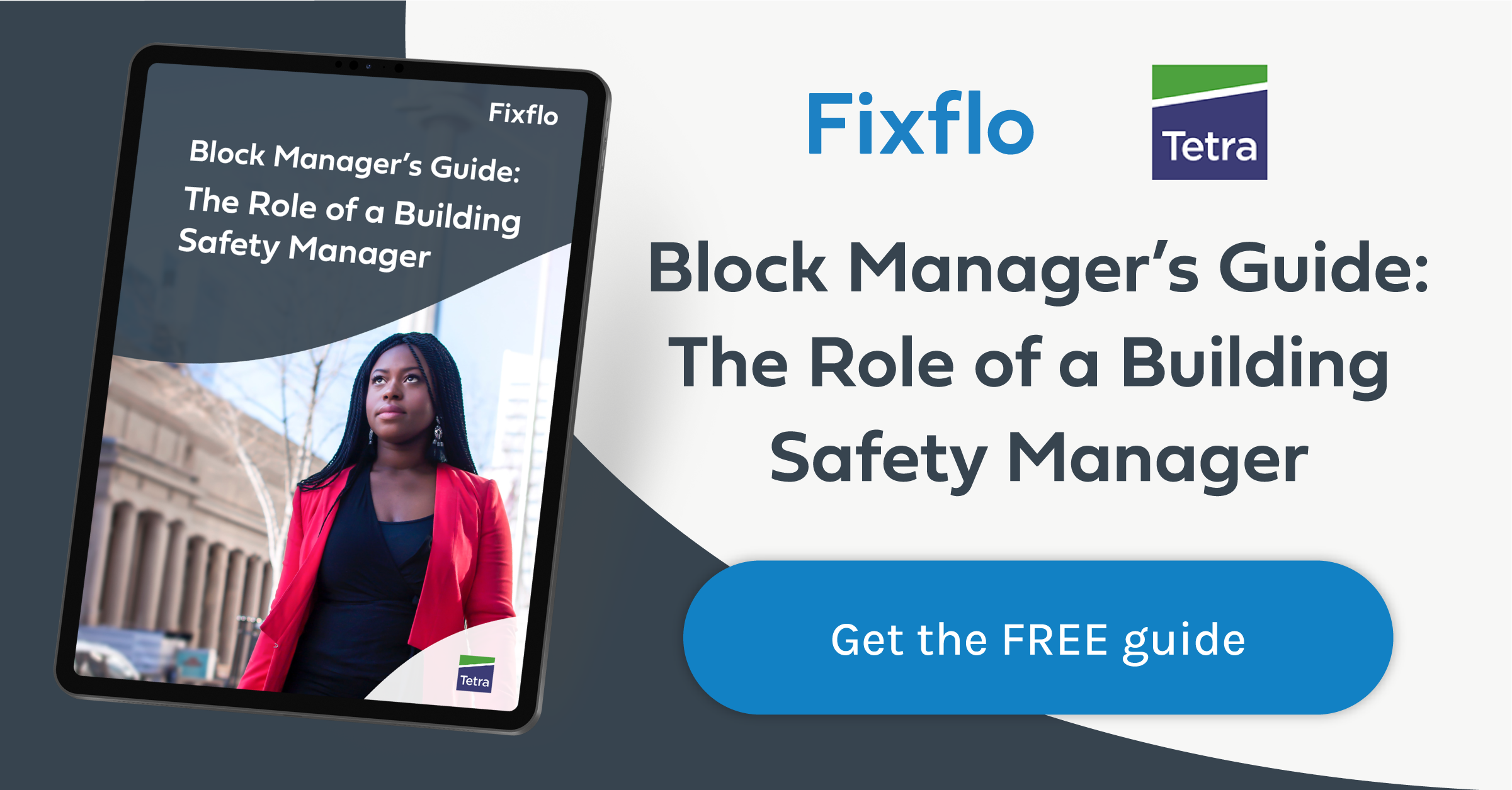While the intentions behind the creation of the EWS1 form were good (it was created as a reaction to the Grenfell fire tragedy in a bid to identify and resolve issues around unsafe materials being present in buildings), the confusion around which buildings need an EWS survey as well as who can sign an EWS1 form has led to thousands of leaseholders being trapped in their properties. Consequently, there have long been calls for the process to be scrapped or reformed. Now, with government guidance for the EWS1 form being updated and RICS issuing new insurance requirements in April 2021 and greater, the chaos and confusion may be nearly at an end.
What’s changing?
RICS’ new professional indemnity insurance requirements stipulating insurers are not permitted to exclude fire safety claims on a property four storeys or less (unless by special dispensation) and fire safety coverage must be provided as a minimum on an aggregate, defence cost inclusive basis, were published at the beginning of April, and came into effect from 1 May. Prior to this, insurers had imposed ‘blanket fire safety exclusions’ in the wake of high-profile fire safety failures like Grenfell, affecting the ability of chartered surveyors and other safety service industries to insure themselves, thus reducing the pool of professionals willing to get involved.
Along with this clarification, guidance for mortgage lenders about when mortgage companies should ask for an EWS1 form was released by RICS in March. This was followed by new guidance from the Ministry of Housing, Communities and Local Government in August as a result of an expert panel (which included Dame Judith Hackitt) ruling that EWS1 forms should not be required for buildings below 18 metres because there was no ‘systemic risk’.
How will these guidance updates improve things for everyone involved?
Surveyors
These will now be able to seek professional indemnity insurance, and the protection this affords them will enable them to carry out more EWS checks, reducing the current bottleneck. Greater professional protection means more companies should enter the fire safety arena, improving safety issues and taking preventative measures more affordable.
Mortgage lenders
The RICS estimates that their guidance about which buildings lenders need to ask for EWS1 forms for will reduce the need for EWS1 forms by around 500,000. Borrowers should therefore expect swifter process times, and less reactive lending conditions as the fear culture created by each entity in the process being terrified of being left with liability is reduced.
Leaseholders
These will no longer be trapped by their inability to secure an EWS1 form on an existing property, allowing them to move around more freely, which again could inject dynamism into the housing market. Knowing professional indemnity insurance no longer excludes fire safety should also provide leaseholders with an increased sense of security about the safety of the building, as the cover provides greater scope for maintenance and reactive repairs to be carried out.
Managing agents and block managers
These should no longer be pressured into signing EWS1 forms they’re not qualified to sign. Like surveyors and leaseholders, the increased scope of insurance provides them with an increased level of security to carry out their jobs. Taken to its logical conclusion, this should lead to an increased quality of safety in residential buildings, but only time will tell as to how successful the implementation will be.
Upcoming changes to building safety in the wake of Grenfell include the new Building Safety Manager role put forth by the Building Safety Bill. Learn about this vital new role in Block Manager’s Guide: The Role of a Building Safety Manager.

BLOG DISCLAIMER
This article is intended for information purposes only and does not constitute legal advice. If you have any questions related to issues in this article, we strongly advise contacting a legal professional.
These blog posts are the work of Fixflo and are licensed under a Creative Commons Attribution-ShareAlike 3.0 Unported License. In summary, you are welcome to re-publish any of these blog posts but are asked to attribute Fixflo with an appropriate link to www.fixflo.com. Access to this blog is allowed only subject to the acceptance of these terms.


